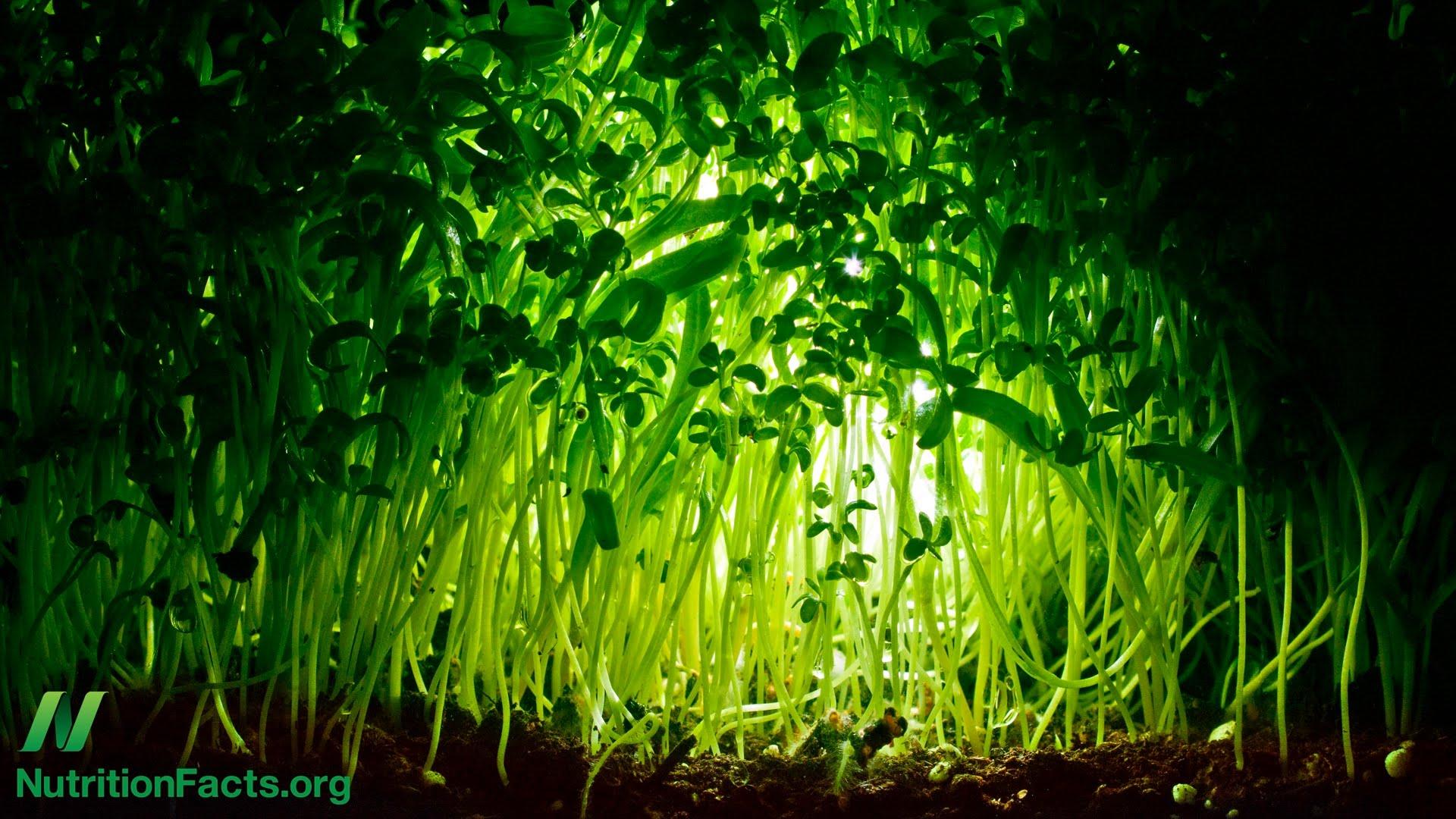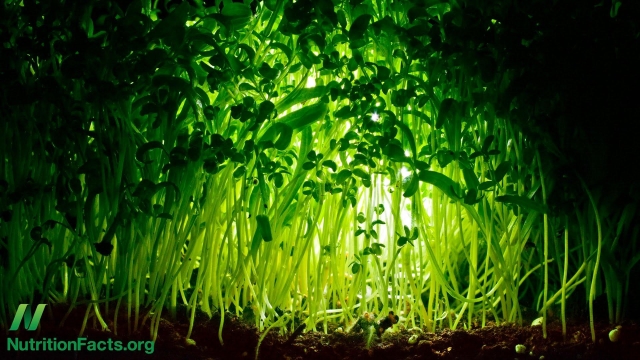Organic soil and fertilizer have become increasingly popular among gardeners and farmers who are looking for sustainable and environmentally friendly methods to enhance their crops. With the rise in awareness about chemical pesticides and synthetic fertilizers’ detrimental effects on the soil and the ecosystem, organic alternatives are gaining traction.
One company that has been at the forefront of this movement is Kellogg Garden Products. As a family-owned and operated business, their commitment to providing high-quality organic fertilizers stems from a deep-rooted passion that spans four generations. By harnessing the power of natural ingredients, Kellogg Garden Products has developed a range of effective organic fertilizers that nourish the soil and promote healthy plant growth.
When it comes to organic fertilizers, the key lies in their ability to enrich the soil while minimizing harm to the surrounding environment. Traditional fertilizers often contain synthetic chemicals that can leach into the soil and water sources, causing pollution and long-term damage. Organic fertilizers, on the other hand, are derived from natural materials such as compost, manure, or plant-based substances like bone meal or seaweed.
By utilizing organic fertilizers, gardeners can improve the structure and fertility of their soil, leading to stronger, more resilient plants. Organic fertilizers also help to nourish beneficial microorganisms in the soil, fostering a healthy ecosystem that promotes nutrient absorption and disease resistance in plants. Additionally, these fertilizers release nutrients slowly over time, ensuring a steady supply of essential elements without the risk of burning or damaging plant roots.
In the following sections, we will delve deeper into the various types of organic fertilizers available, their benefits, and how to choose the right one for your gardening needs. Whether you are a seasoned gardener or just starting out, embracing the power of organic fertilizer can help you achieve a thriving, sustainable garden while minimizing your impact on the environment.
The Benefits of Organic Soil
Organic soil is a foundation that nurtures life and promotes robust plant growth. It provides a wealth of benefits that not only support our environment but also contribute to the overall health and vitality of our gardens. As we delve into the world of organic fertilizer and its remarkable potential, let us first explore the incredible advantages that organic soil brings to the table.
-
Nutrient-Rich and Balanced: One of the key benefits of organic soil is its natural abundance of essential nutrients. Unlike synthetic fertilizers that rely on chemical additives, organic soil contains a diverse range of plant-based matter and microorganisms that steadily release nutrients over time. This slow and steady supply ensures that plants receive a balanced diet, preventing nutrient imbalances and deficiencies that can hinder their growth and development.
-
Improved Soil Structure: Another advantage of organic soil lies in its ability to improve soil structure. When enriched with organic matter such as compost or manure, the soil becomes more porous and better able to retain moisture. This enhanced structure allows water to infiltrate deeply, reducing the risk of runoff and erosion. Additionally, the increased porosity promotes well-aerated soil, supporting a healthy environment for beneficial soil organisms to thrive.
-
Sustainable and Environmentally Friendly: Organic soil is a champion of sustainability and environmental stewardship. By utilizing organic fertilizers, we can reduce our reliance on synthetic chemicals that can have detrimental effects on soil health, water quality, and biodiversity. The use of organic soil and fertilizers aligns with the principles of organic farming, working in harmony with nature rather than against it. This environmentally friendly approach not only benefits our immediate surroundings but also contributes to the larger goal of creating a healthier planet for future generations.
In conclusion, the benefits of organic soil are numerous and wide-ranging. By opting for this natural and sustainable approach, we can cultivate thriving gardens while preserving the integrity of our environment. With organic soil as a solid foundation, we open the door to a world of possibilities, where plants can flourish, nutrients can be efficiently utilized, and the beauty of nature can be nurtured.
Unleashing the Power of Organic Fertilizer
Organic fertilizer, a key element in cultivating healthy and vibrant plants, offers an eco-friendly alternative to traditional chemical-based fertilizers. By harnessing the natural nutrients found in organic materials, such as compost, animal manure, and plant residues, organic fertilizers enhance the soil, promote balanced nutrition, and foster sustainable growth.
One noteworthy player in the organic fertilizer industry is "Kellogg Garden" Products. Operating as a family-owned and operated company, their dedication to producing high-quality organic fertilizers spans four generations. This deep-rooted commitment is reflected in their products, which are carefully crafted to maximize nutrient availability and improve soil fertility.
What sets organic fertilizers apart from their synthetic counterparts is their ability to promote long-term soil health. Unlike chemical fertilizers, organic alternatives nourish the soil by replenishing beneficial microorganisms and promoting organic matter decomposition. This leads to improved soil structure, moisture retention, and nutrient uptake for plants, resulting in enhanced yields and overall crop health.
Furthermore, the use of organic fertilizers supports sustainable farming practices. Since organic fertilizers are derived from natural sources, they are more environmentally friendly and pose fewer risks to ecosystems. They release nutrients slowly, reducing the risk of nutrient leaching and pollution of water sources. Additionally, organic fertilizers contribute to the development of healthy and resilient plants, better equipped to withstand pests and diseases without relying heavily on harmful chemical pesticides.
In conclusion, the power of organic fertilizer lies in its ability to nourish plants, enrich the soil, and sustainably support agricultural practices. "Kellogg Garden" Products exemplifies this power through their commitment to producing high-quality organic fertilizers that promote healthy and thriving plant growth. By embracing organic fertilizers, we can cultivate a greener and more sustainable future for our soils and crops.
Kellogg Garden: A Family-Owned Success
Kellogg Garden Products has operated as a family-owned and operated company for over four generations. With deep roots and a strong sense of tradition, Kellogg Garden has become a leading provider of organic fertilizer and soil products. Their commitment to quality and sustainability has propelled them to success in the industry.
Founded by H. Clay Kellogg in the early 1900s, Kellogg Garden Products began as a small business with big dreams. H. Clay Kellogg had a vision of creating high-quality organic soil and fertilizer options that would benefit both plants and the environment. This commitment to organic gardening was ahead of its time and has since become a cornerstone of Kellogg Garden’s success.
As the company grew, it remained true to its roots and continued to prioritize the principles of organic gardening. Today, under the leadership of the Kellogg family, Kellogg Garden Products has expanded its product line to include a wide range of organic fertilizer options, catering to the needs of both professional growers and home gardeners.
The success of Kellogg Garden Products can be attributed not only to their commitment to organic gardening, but also to their focus on providing exceptional customer service. With a family-owned and operated business, they have been able to maintain a personal touch and ensure that each customer’s needs are met.
In conclusion, Kellogg Garden Products has flourished through its dedication to organic gardening and its ability to adapt to the changing needs of the industry. As a family-owned and operated company, their strong values and commitment to success have allowed them to become a trusted name in the world of organic fertilizers.



